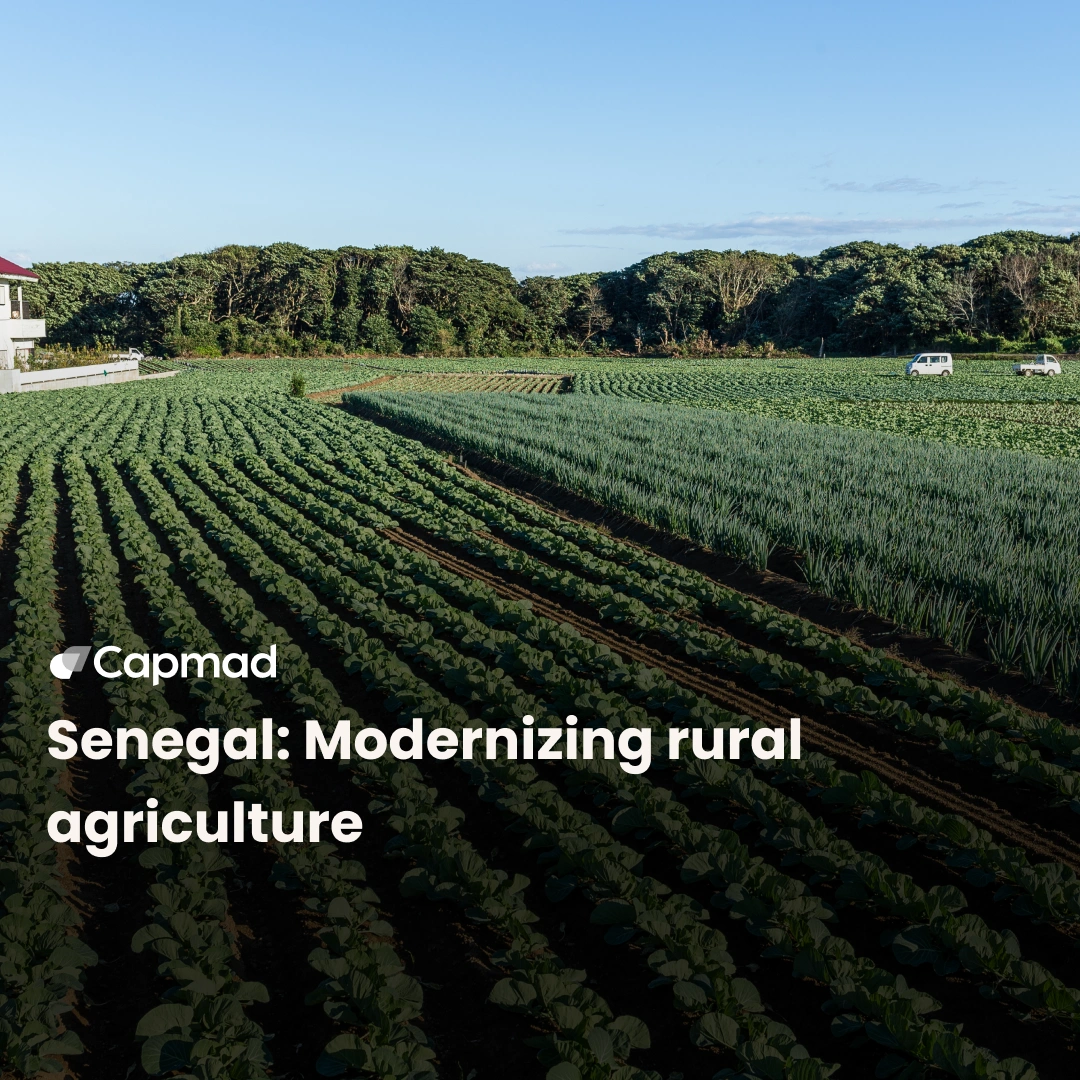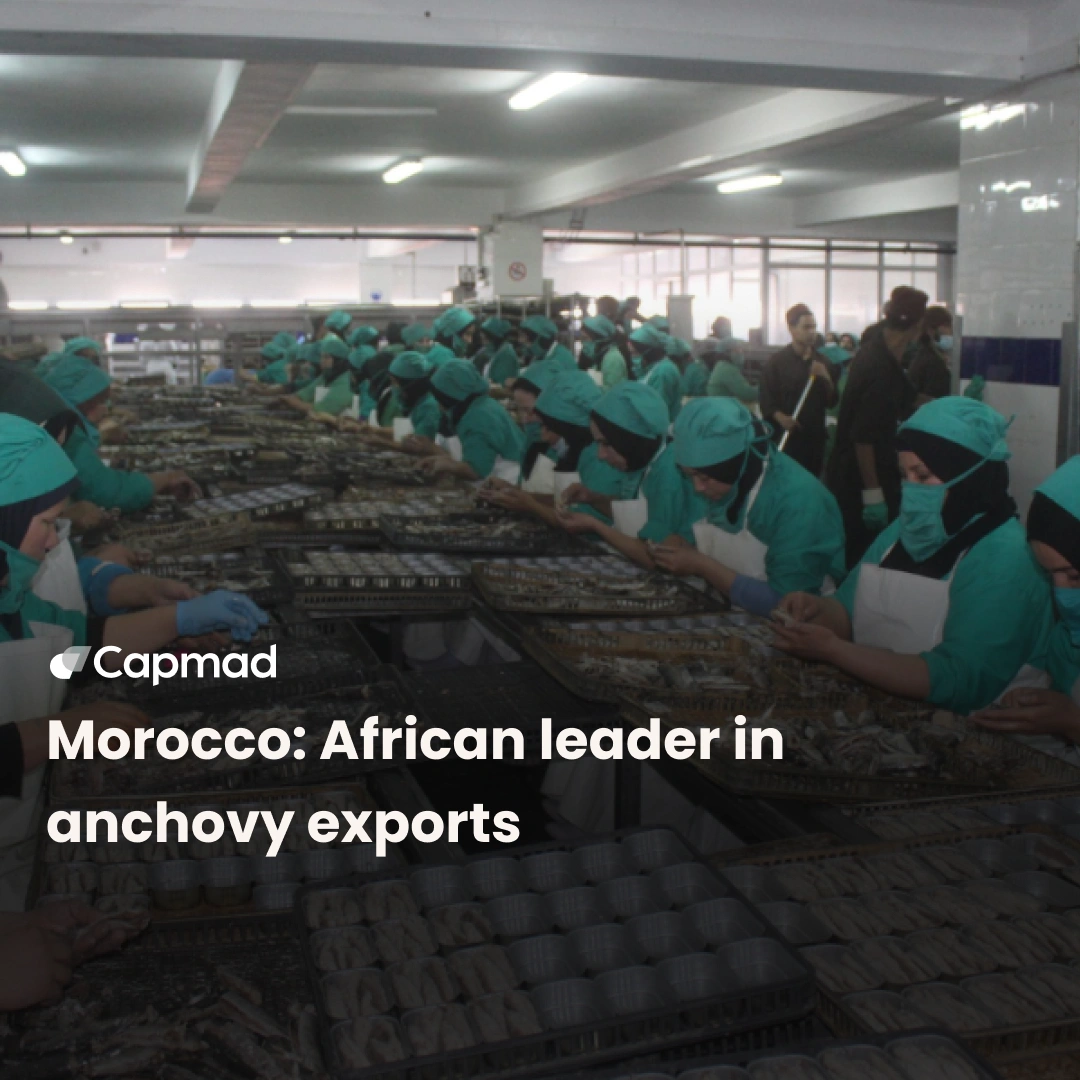Agriculture is a crucial pillar of the African economy, with a growth potential estimated at 1 trillion USD by 2030. To achieve this goal, increasing investments in agricultural research is essential. This includes access to advanced technologies, improving crop productivity, and transforming agricultural products.
Agriculture : Demographic issues and moral challenges
The importance of agricultural research funds is increasing. This mechanism optimizes the sector considering its significant contribution to the African economy. By 2050, Africa’s population will reach 2.5 billion people, 60 % of whom will live in urban areas. This represents a growing demand and therefore requires enhanced food production. Ensuring the right to food and achieving food self-sufficiency are imperative moral imperatives.
Currently, 70 % of the food supply comes from smallholder farmers, and about 250 million of them cultivate plots of less than one hectare. These essential actors must benefit from strong policies to maximize their contribution to food security. Additionally, exploiting the potential of continental and even international markets could transform agricultural systems and open up major economic opportunities.
Lever for sustainable and inclusive growth
Effective agricultural research stimulates the African economy by increasing agricultural productivity. Improved yields lead to higher incomes for farmers and increased purchasing power for rural populations, contributing to poverty reduction. According to the World Bank, every additional dollar generated by agriculture can triple its impact on the local economy. This phenomenon is particularly evident in rural areas, where agriculture remains the main source of income.
Support for agricultural research and extension is crucial for developing solutions tailored to the specific challenges of African farmers. In this context, the Consultative Group on International Agricultural Research (CGIAR) emphasizes the importance of climate-smart solutions for smallholder farmers. These include technologies that optimize water management, soil management, and crop diversification, enhancing resilience to climate uncertainties.
The CGIAR’s 2030 strategy, which aims to transform food systems while addressing climate constraints, exemplifies this approach. The Accelerating the Impact of CGIAR Climate Research for Africa (AICCRA) project, supported by the World Bank, illustrates this approach. With 60 million USD in funding, this project brings researchers, producers, and policymakers together to accelerate the adoption of sustainable agricultural practices.
Concrete results : Examples from Mali and Cameroon
Innovations from agricultural research are already producing tangible results. In Mali, the AICCRA project enables over 100,000 rice farmers to increase their yields by 0.9 tons per hectare. This increase generates additional benefits of 320 USD per hectare through improved rice varieties and the use of digital tools such as the RiceAdvice app.
In Cameroon, the cocoa sector, essential for the rural economy, also benefits from agricultural research advances. With funding from the African Development Bank (AfDB), the Agricultural Research Institute for Development (IRAD) has developed cocoa varieties adapted to local climatic conditions and soils. These new varieties have doubled yields from 1 to 2 tons per hectare, enhancing producers’ income stability. The initiative also promotes the creation of rural jobs, with increased youth participation in agricultural cooperatives.
Persistent obstacles and necessary solutions
Concerning disparities in research spending
In 2016, the Food and Agriculture Organization of the United Nations (FAO) estimated global investments in public agricultural research at 47 billion USD. However, nearly 60 % of these funds came from nine high-income countries, while low-income countries, mainly in Africa, accounted for only 2 %.
This inequality hinders agricultural development in Africa, limiting its potential. Yet, well-funded agricultural research could play a key role in improving food security, developing sustainable production systems, and adapting to climate change.
Technological gaps in Africa
The African agricultural sector continues to face significant technological gaps. Under the Comprehensive Africa Agriculture Development Programme (CAADP), African states committed to allocating 10% of their national budgets to the agricultural sector in 2023. Despite some progress, many countries are experiencing stagnation or even a decline in agricultural research investments and capacities.
Several factors explain this situation. The long-term nature of agricultural investments often deters policymakers. Working conditions and remuneration for researchers in National Agricultural Research Institutes (INRA) remain insufficient, making it difficult to attract and retain talent. Outdated research infrastructure also limits project effectiveness. Finally, the underrepresentation of women in this field is an additional weakness, depriving the sector of diverse perspectives.
Towards strengthening agricultural research policy
A national agricultural research agenda, embedded in a long-term vision, is essential to address these challenges. African governments must strengthen institutional, financial, and infrastructural support for research institutes to enable sustainable transformations.
By fostering innovation, such policies could transform food systems and provide viable solutions to agricultural challenges. Investing in agricultural research means preparing Africa’s future. A proactive and visionary strategy is essential to fully harness the potential of this key sector.






